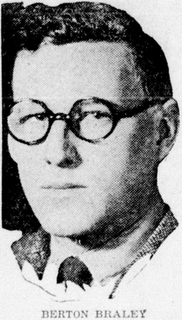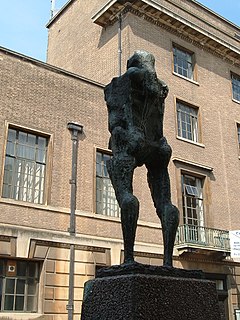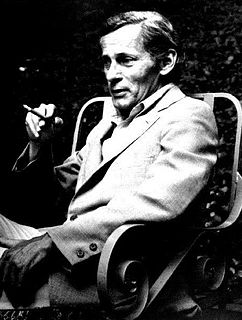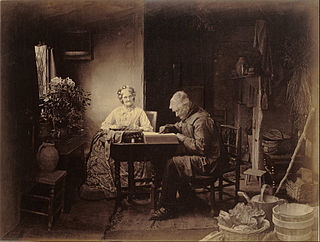A Quote by Milton Friedman
The true test of any scholar's work is not what his contemporaries say, but what happens to his work in the next 25 or 50 years.
Related Quotes
Was his life nothing? Had he nothing to show, no work? He did not count his work, anyone could have done it. What had he known, but the long, marital embrace with his wife. Curious, that this was what his life amounted to! At any rate, it was something, it was eternal. He would say so to anybody, and be proud of it. He lay with his wife in his arms, and she was still his fulfillment, just the same as ever. And that was the be-all and the end-all. Yes, and he was proud of it.
I honestly believe that sound commercialism is the best test of true value in art. People work hard for their money and if they won't part with it for your product the chances are that your product hasn't sufficient value. An artist or writer hasn't any monopoly .... If the public response to his artistry is lacking, he'd do well to spend more time analyzing what's the matter with his work, and less time figuring what's the matter with the public.
The true poem is not that which the public read. There is always a poem not printed on paper,... in the poet's life. It is what hehas become through his work. Not how is the idea expressed in stone, or on canvas or paper, is the question, but how far it has obtained form and expression in the life of the artist. His true work will not stand in any prince's gallery.
Me, the bard out of work, the Lord has applied to His service. In the very beginning, He gave me the order to sing His praises night and day. The Master summoned the minstrel to His True Court. He clothed me with the robe of His true honour and eulogy. Since then, the True Name had become my ambrosial food.



































